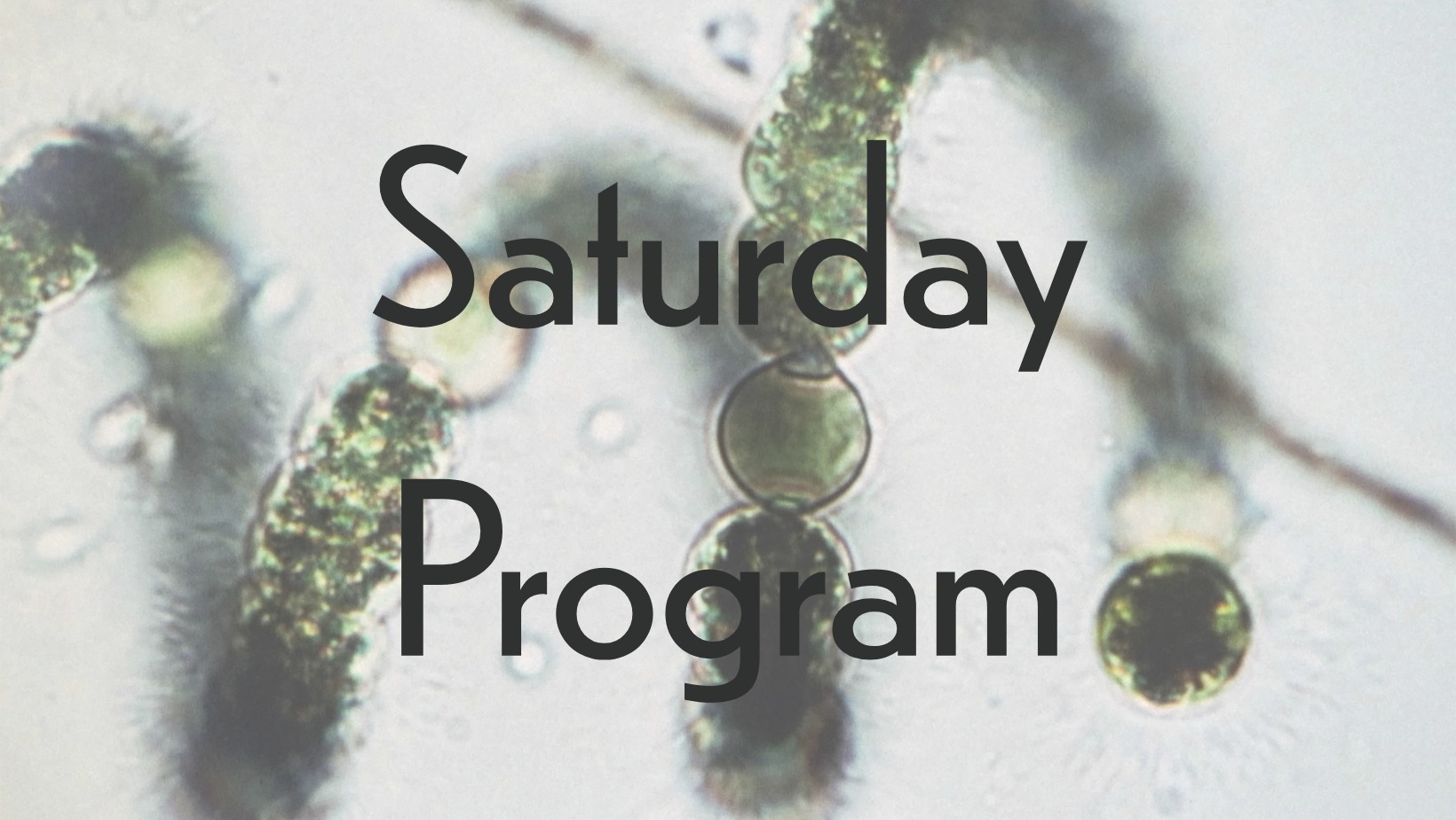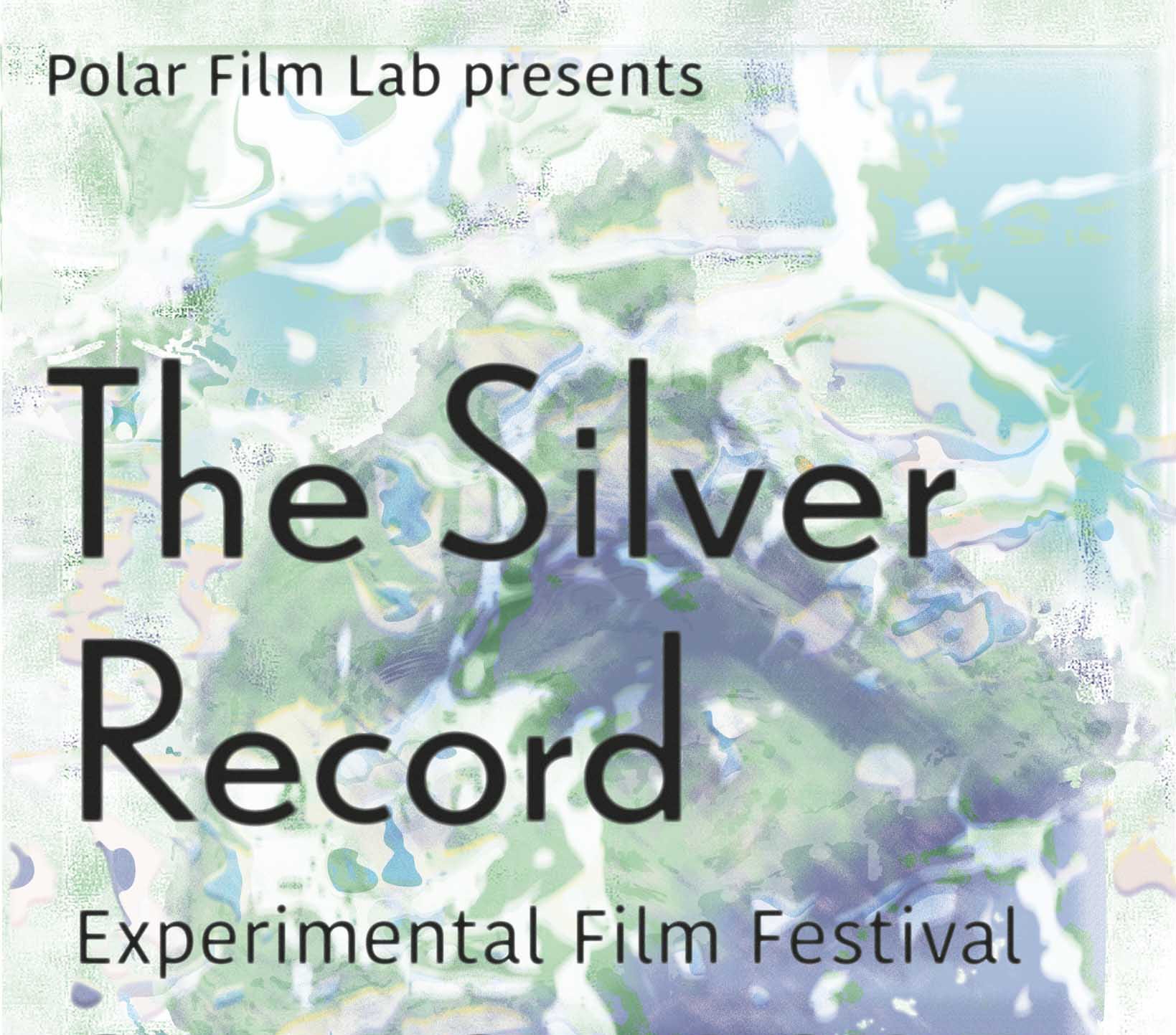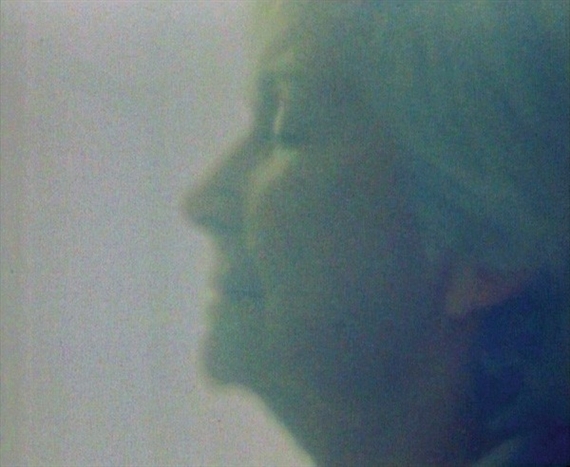The Silver Record Day 3

What?
Join us for a special screening at Verdensteatret! It features two thought-provoking film programs curated by Sarah Schipschack, Ruth Aitken, and Martin Grennberger.
19:00 - Dream Stones program selected by Ruth Aitken and Sarah Schipschack
20:30 - Landscape(s) reconsidered a screening program curated and introduced by Martin Grennberger
Program descriptions:
19:00 - Dream Stones - curated by Sarah Schipschack and Ruth Aitken, this program brings together two visionary works that reimagine our relationship to the Earth. (Total duration of screening programme: 67 min)
Pleasure Prospects by New Mineral Collective (Tanya Busse & Emilija Škarnulytė) uses poetic activism and counter-prospecting to propose a feminist utopia grounded in collective care and environmental renewal and revitalization. Last Things by Deborah Stratman is a philosophical journey through deep time, exploring evolution and extinction through the lens of minerals, with a tapestry of scientific and speculative voices guiding the narrative.
Pleasure Prospects, New Mineral Collective (Tanya Busse & Emilija Škarnulytė), 2019, digital, 16:31 min
Commissioned for the 1st Toronto Biennial, Pleasure Prospects is a video that follows the artists as they acquire prospector licences, with which they aim to perturb the values of the mining industry by holding fast their self-described position as “the least productive mining company in the world”. Pleasure Prospects reveals a feminist utopia that swells with wonder and probes the potential for collective pleasure as a methodology of care for one another, and to right relationships with the planet. New Mineral Collective put forward the idea of counter-prospecting as a measure of rehabilitation—engaging concepts of renewal and revitalization, and treating, in their words, the “perforated landscape" as a body itself. With wonder-drenched propositions for a future of healing, New Mineral Collective ask: can you imagine a serene collective future where poetry, love, passive resistance, and lust are our core desires?
Last Things, Deborah Stratman, 2023, 16mm → 35mm, 50 min
What happens to us / Is irrelevant to the world’s geology / But what happens to the world’s geology / is not irrelevant to us. – Hugh MacDiarmid
From before the beginning until after the end; evolution and extinction as told through the prism of minerals. The geo-biosphere is introduced as a place of evolutionary possibility, where humans disappear but life endures.
Catalyzed by two novellas of J.-H. Rosny, joint pseudonym of Belgian brothers Boex who wrote sci-fi before it was a genre, the film takes up their pluralist vision of evolution, where imagining prehistory is inseparable from envisioning the future. Also key are Roger Caillois’ writing on stones, Clarice Lispector’s Hour of the Star, Robert Hazen’s mineral evolution theory, the symbiosis theory of Lynn Margulis, Donna Haraway’s multi-species scenarios, Hazel Barton’s research on cave microbes and Marcia Bjørnerud’s thoughts on time literacy.
In one way or another, these thinkers have all sought to displace humankind and human reason from the center of evolutionary processes. Passages from Rosny and interviews with Bjørnerud accompany us through the film. Stones are its ballast. We trust rock as archive, but we may as well write on water. In the end, it’s particles that remain.
20:30 - Landscape(s) Reconsidered, curated by Martin Grennberger, explores how experimental filmmakers reshape our view of the landscape. From Gunvor Nelson’s layered visual-sonic road film to Jun'ichi Okuyama’s transformative seascapes, Rose Lowder’s in-camera rewinding technique, and Claes Söderquist’s stripped-down study of nature’s rhythms, the program interrogates the act of looking and the cinematic construction of place. Total duration of the screening programme: 79 min.
Light Years Expanding, Gunvor Nelson, 1988, 16mm, 23 min
Movie Watching, Jun'ichi Okuyama, 1982 , 16mm, 12 min
Impromptu, Rose Lowder, 1989, 16mm, 8 min,
Landskap, Claes Söderquist, 1987, 16mm, 36 min
Landscape(s) Reconsidered looks at how the notion of landscape, from a broad variety of cinematic perspectives, has been renegotiated, altered and processed by experimental filmmakers. In Gunvor Nelson’s Light Years Expanding, a road movie of sorts, a primarily horizontal movement, live-action animation and meticulous sonic experimentation create a playful, intense and multilayered rendering of the Swedish rural landscape. In Jun'ichi Okuyamas multi-image film Movie Watching, shot on 35mm and projected on 16mm, we see a horizon and a seascape undergoing transformations via the use of vertical shifts and an intricate collage method. In Impromptu Rose Lowder rewound the reel several times in the camera while filming, creating a distinctive temporal fluidity in relation to the locations she visited. In the last film, Landskap, Claes Söderquist examines the flows and densities of water and vegetation in the southern Swedish countryside, stressing duration, variation in light and seasonal shifts, and ultimately the primordial act of looking: “I didn’t want to create any natural poetry; rather I attempted to undress nature, to examine it.”
All screenings have free admission.
More info about the program at verdensteatret.no
Where?
Verdensteatret cinema, Storgata 93
Tickets?
Free admission, unticketed




